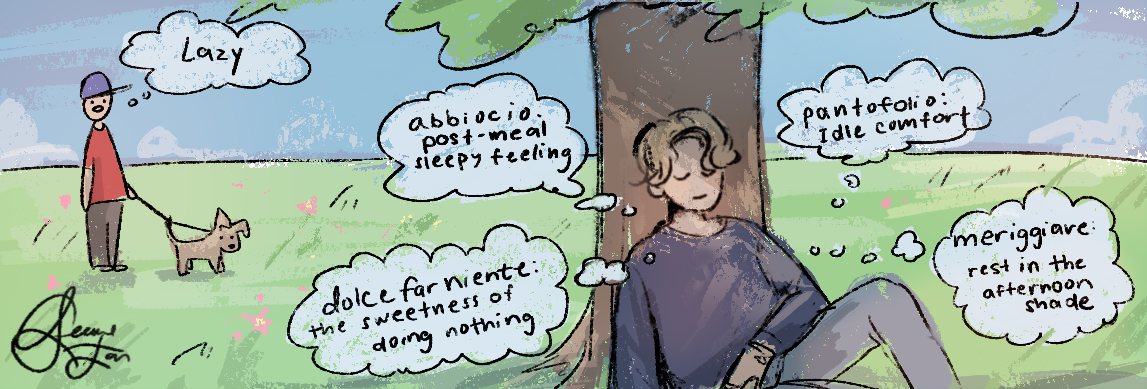District shifts curriculum away from OMM, TKM
February 18, 2022
For decades, PUSD freshmen in ninth-grade English classes were asked to read To Kill a Mockingbird and Of Mice and Men. However, from this term onwards, those two novels will no longer be required reading for freshmen. The two texts are no longer a part of primary teaching content, after PUSD informed teachers of the harm that interacting with the novels had caused.
From now until the end of this term at least, this means that instead of analyzing Scout and Atticus’ battles against prejudice, and writing essays about Lennie and George’s fate, freshmen will explore short stories.
The decision to discuss the place of To Kill a Mockingbird had long been in the works, said PUSD Equity Director Shawntanet Jara. Although English teachers stopped teaching the novel in the middle of the school year, the district had already been working on evaluating the novel, in part because of a push from the community.
Student groups especially were involved with the effort. PUSD directors met with representatives from groups like Diversify Our Narrative and local Black Student Unions, who advocated for the diversification of the literature throughout PUSD schools and pushed for more non-white representation in the authors students were being exposed to.
“We met with our Black Student Union presidents several times last year,” said Dave LeMaster, Executive Director of Learning Support Services. “They also shared their perspectives on the curriculum and literature and how they were required to read novels written by authors who were not representative and, in some cases, included the use of the N-word, which was uncomfortable and difficult to read.”
At the same time, the district had been gathering feedback over the past two years from students and parents regarding the overall curricular offerings in PUSD including, but not limited to, pieces of literature like To Kill a Mockingbird.
“When students shared their experiences on the Black in PUSD Instagram account, over three hundred posts were related to the use of the N-word on our campuses,” Jara said. “And 30 posts were specific to the teaching of the novel To Kill a Mockingbird and the difficulty and challenges it caused students when they read the book in class.”
Because of this, while To Kill a Mockingbird was not banned, and PUSD has not made any official decisions on To Kill a Mockingbird‘s place in the curriculum, the ultimate consensus was that the racially charged language and depictions of violence within the novels have had significant negative impacts on the educational experience of students.
“Starting this year, principals and district-level administrators have been sharing these perspectives with the English department’s chairs and teachers,” LeMaster said. “The purpose of sharing this feedback and perspective was to empower teachers to make decisions on how to best incorporate representative literature, provide options for students, and not require students to participate in something that may result in an unintended negative outcome.”
Moving forward, Westview English teachers will continue to try and provide the student body with books that they can identify with and learn from, English teacher Ann Lemersal said.
Curriculum development on lessons to fill the gap left by To Kill a Mockingbird and Of Mice and Men will likely continue into the summer, so that material will be ready for next year’s freshmen, Lemersal said. At the same time, while Westview teachers had previously been hoping to be involved in choosing new curriculum content, the district has already gone ahead and approved three books written by non-white authors (All American Boys, Clap When You Land, and American Like Me) for ninth-grade use.
“We would love to include diverse voices, and perspectives from authors who come from a variety of backgrounds,” Lemersal said. “[Our department] has long had plans to look for new reading material, so this just moves the timetable on that forward, albeit suddenly.”








